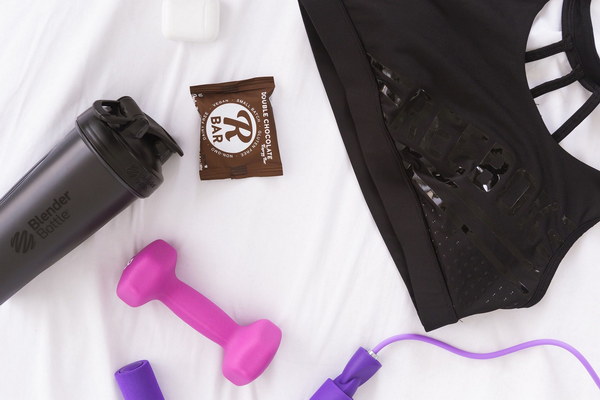Breath Easy Nurturing Your Lungs in a Dusty Work Environment
In today's fast-paced world, many individuals are exposed to dusty work environments, which can be detrimental to their respiratory health. Whether you work in a factory, construction site, or simply in an office with poor ventilation, it is crucial to take proactive measures to safeguard your lungs. In this article, we will discuss practical strategies and tips to help you maintain lung health while working in a dusty environment.
1. Use Personal Protective Equipment (PPE)
Wearing appropriate PPE is essential when working in a dusty environment. This includes respiratory masks, gloves, and protective clothing. A properly fitted respirator can filter out dust particles, preventing them from entering your lungs. Make sure to choose a respirator with the right NIOSH rating for your specific dust exposure.
2. Maintain a Clean Work Area
Regularly cleaning your workspace can significantly reduce dust levels. Use wet mops instead of dry ones, as they help trap dust particles. Vacuum your area frequently and use a HEPA filter to trap fine dust particles. Additionally, consider using dustless sanding methods and wetting down dusty materials before cutting or sanding.
3. Stay Hydrated
Drinking plenty of water throughout the day helps keep your mucous membranes moist, which can reduce the risk of dust particles adhering to them. Aim for at least eight glasses of water per day, and increase your intake if you are sweating or working in a hot environment.
4. Practice Breathing Exercises
Regularly practicing breathing exercises can enhance lung function and improve respiratory health. Techniques such as deep breathing, diaphragmatic breathing, and pranayama can help clear your lungs of dust particles and improve oxygen flow. Dedicate a few minutes each day to these exercises, and consider incorporating them into your daily routine.
5. Take Regular Breaks
Working in a dusty environment can be physically and mentally exhausting. Taking regular breaks allows your body to recover and reduces the risk of lung irritation. Try to take short breaks every hour, during which you can perform some stretching exercises and deep breaths.
6. Use a Humidifier

Humidifiers can help maintain a comfortable humidity level in your workspace, which can reduce the stickiness of dust particles. This makes it easier to control dust levels and improves respiratory comfort. Place a humidifier in your office or workspace, and keep the humidity level between 30-50%.
7. Seek Professional Advice
If you are experiencing respiratory symptoms or have concerns about your lung health, consult a healthcare professional. They can provide guidance on managing your symptoms and recommend appropriate treatments.
8. Stay Active
Regular physical activity, such as walking, jogging, or cycling, can help improve lung function and overall respiratory health. Engaging in these activities can also help you maintain a healthy weight, which can reduce the risk of obesity-related respiratory issues.
In conclusion, working in a dusty environment can pose significant risks to your respiratory health. By implementing the strategies outlined in this article, you can take proactive steps to protect your lungs. Remember that maintaining lung health is a lifelong commitment, and taking care of your lungs is essential for a healthy and fulfilling life.









